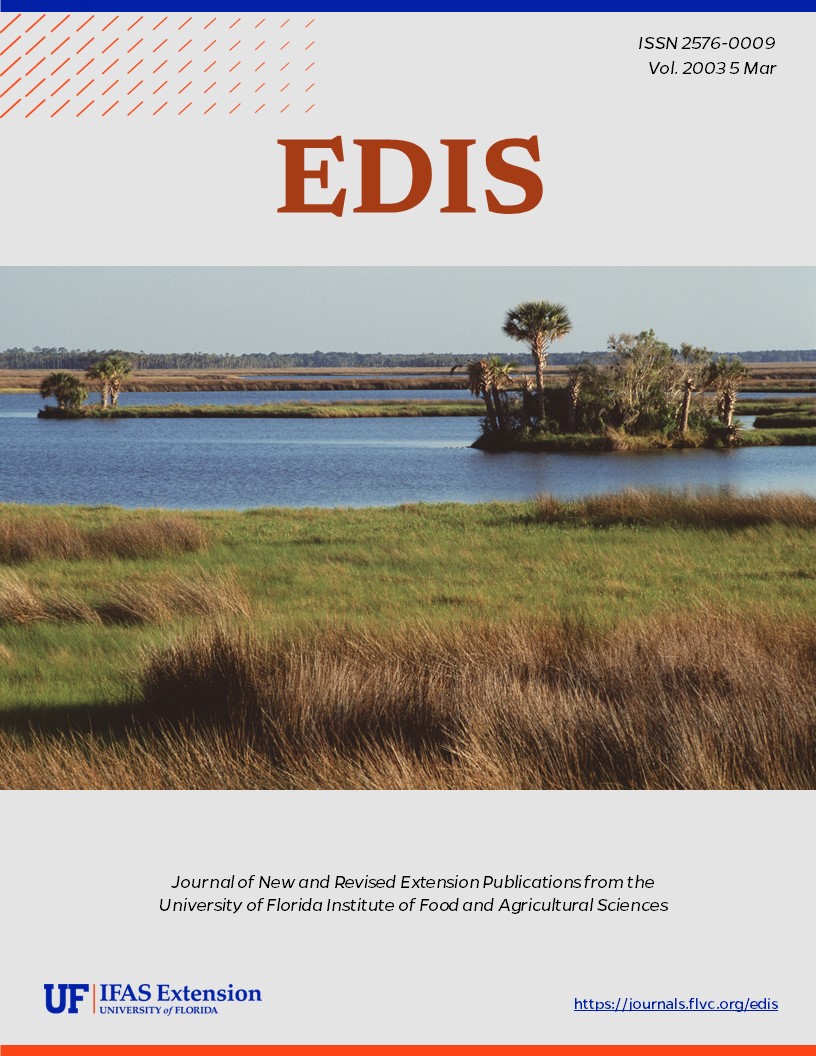Abstract
The states of Sao Paulo (Brazil) and Florida are the two dominant orange juice producing regions in the world. These two states collectively account for approximately 85 percent of the world's orange juice production. The market orientation of these two regions, however, is quite different. This is EDIS document FE363, a publication of the Department of Food and Resource Economics, Florida Cooperative Extension Service, Institute of Food
and Agricultural Sciences, University of Florida, Gainesville, FL. Published February 2003.
https://edis.ifas.ufl.edu/fe363
References
Muraro, R.P., F.M. Roka, and R.E. Rouse. 2001. Budgeting costs and returns for southwest Florida citrus production, 2000-01. Economic Information Report EI-01-06, Department of Food and Resource Economics, University of Florida, Gainesville, FL.
Muraro, R.P., T.H. Spreen, and F.M. Roka. 2000. The impact of the 1999 Brazilian devaluation on the delivered-in costs of oranges produced in Sao Paulo, Brazil. Extension Digital Information Source (EDIS) FE213, Department of Food and Resource Economics, University of Florida, Gainesville, FL.
Pozzan, Marcos (Montecitrus). 2001 and 2002. Discussions with citrus growers and industry representatives about citrus costs in Sao Paulo in 2001 and 2002. Sao Paulo, Brazil.
Spreen, T.H., and R.P. Muraro. 2000. The world market for citrus products and risk management for Florida citrus growers. Extension Digital Information Source (EDIS) FE195, Department of Food and Resource Economics, University of Florida, Gainesville, FL.
Unless otherwise specified, articles published in the EDIS journal after January 1, 2024 are licensed under a Creative Commons Attribution-NonCommercial-NoDerivs 4.0 International (CC BY-NC-ND 4.0) license.

